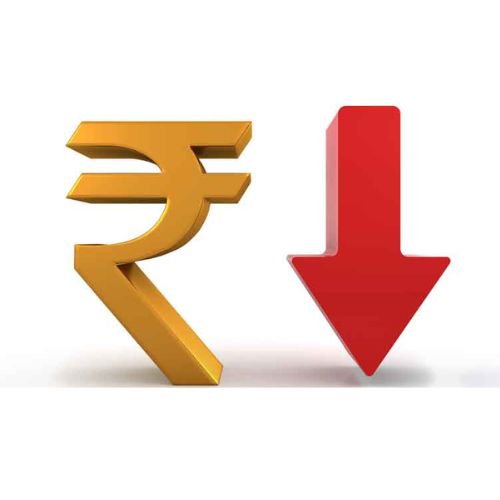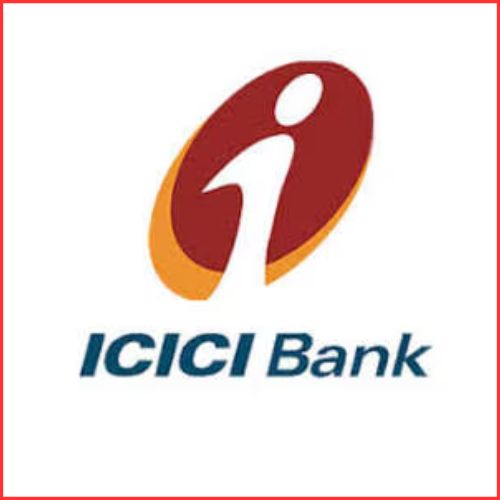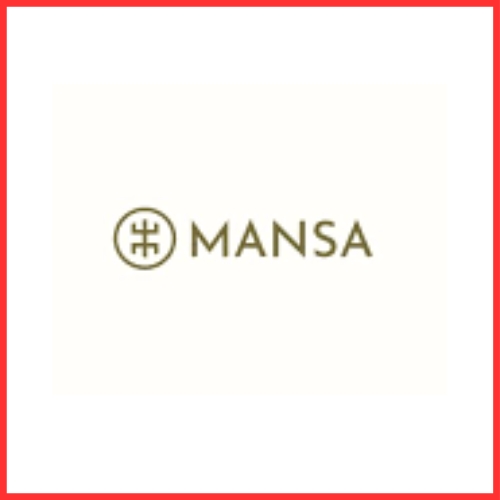Canadian Prime Minister Justin Trudeau’s recent warning of potential new taxes on national grocery chains has raised concerns among industry experts. They argue that such a move is unlikely to address the problem of food inflation and may even lead to price increases for other essential goods.
The Warning and Its Context
Prime Minister Trudeau announced that he had invited the leaders of Canada’s five largest grocery chains, including Sobeys, Metro, and Loblaw, to Ottawa for discussions on how they intend to combat the rapidly rising food prices. Trudeau emphasized that if their plans did not provide substantial relief, the government would impose new taxes.
This move by Trudeau aligns with a global trend where governments, particularly in Europe, are grappling with soaring food prices in the wake of the pandemic and the Russia-Ukraine conflict. These governments are trying to address the cost-of-living crisis that has emerged in this challenging economic environment.
Analysts Express Skepticism
However, industry analysts have expressed skepticism about the effectiveness of Trudeau’s warning. They view it as a potentially “political” tactic that might not significantly impact persistent food inflation.
Ben Jang, a portfolio manager at Nikola Wealth, noted, “Both PM Justin Trudeau and François-Philippe Champagne (Canada’s industry minister) spoke tough about this topic, and it is difficult to envision what teeth they have to hold grocers accountable.”
Potential Unintended Consequences
Michael Ashley Schulman, Chief Investment Officer at Running Point Capital Advisors, raised concerns about the unintended consequences of new taxes. He suggested that such measures could lead to price increases for other essential personal and household items, such as toiletries and cleaning products.
Schulman stated, “The government is just trying to alleviate some of that frustration that people have, but I don’t think there’s much they’re going to be able to do.”
Comparison to the French Experience
Drawing a comparison to a similar move by the French government in June, analysts highlight that such warnings may not yield the desired outcomes. In France, the supermarket chain Carrefour placed price warnings on various products, pressuring consumer goods suppliers like Nestle, PepsiCo, and Unilever to lower prices. However, the effectiveness of this strategy remains uncertain.
Conclusion
While Prime Minister Trudeau’s warning of potential new taxes on grocery chains may signal the government’s concern about rising food prices, industry experts are cautious about its impact. They argue that this approach might not adequately address food inflation and could have unintended consequences for consumers. As the government and grocery chains prepare for discussions, the effectiveness of these measures in providing relief to consumers remains uncertain.














